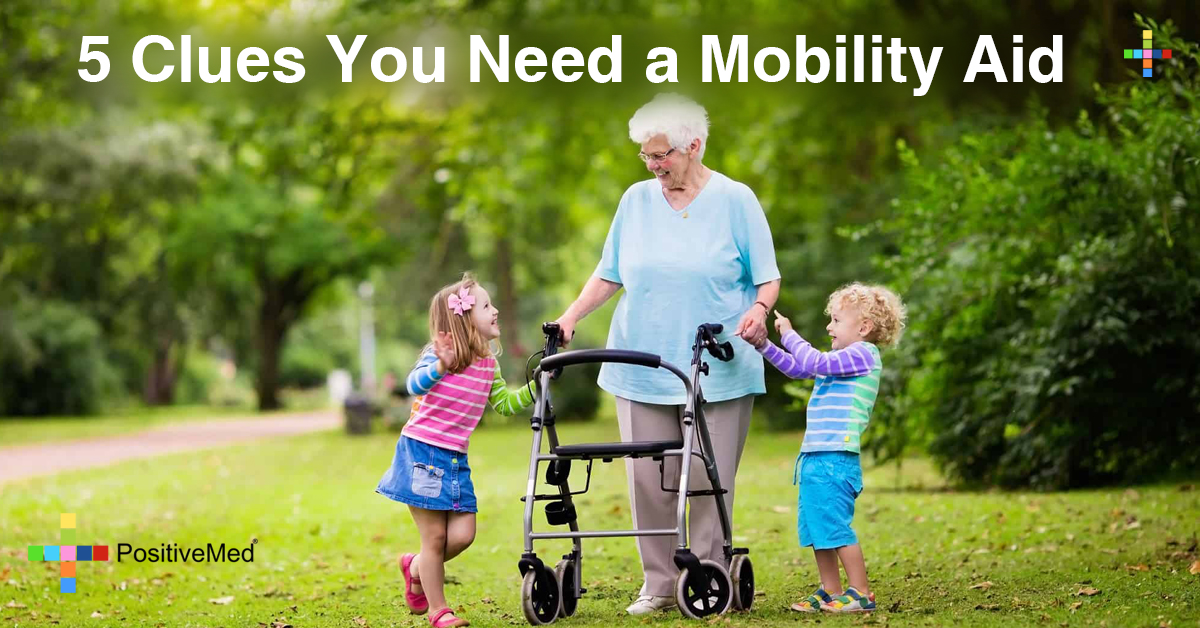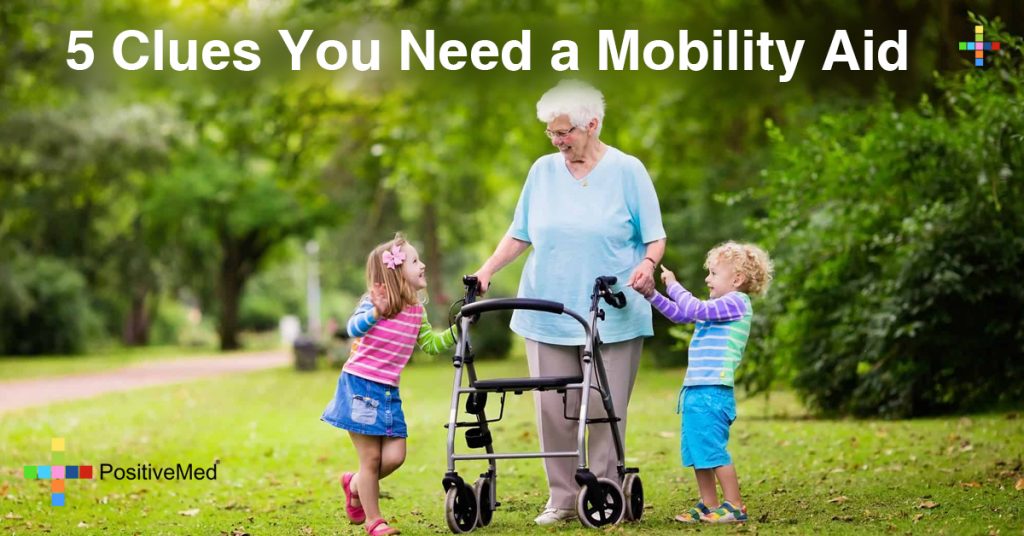Age, chronic disease, injury, surgery . . . all of life’s curveballs come with their own set of lifestyle adjustments, but a mobility aid is oftentimes the least accepted. The thought of losing independence, struggling to get around, and requiring support to execute everyday tasks can be diminishing to the spirit and just a tough pill to swallow.

What is Mobility Aids?
The good news is advanced in medical and assistive device technology have brought mobility aids to a new level of comfort and ease of use. Mobility aids are simply equipment, tools, or devices that help you get around by both supporting your movement and helping you bear weight on places other than your feet.
Mobility aids can boost your energy levels and endurance, as well as relieve stress and anxiety you may have associated with not being able to get around like you once did. Depending on your condition and needs, mobility aids you might consider include:
• Crutches
• Canes
• Walkers
• Knee Scooters
• Wheelchairs
• Motorized Scooters
• Chair and/or Bath Lifts
How Do I Know I Need a Mobility Aid?
Your 6-month check-up with the doctor might not outright indicate to him or her that you need a mobility aid. Recognizing the signs of difficulty yourself and then sharing your experience with your doctor (whether you have fallen multiple times around the house or simply experience pain with walking) are important to getting you the support you need. Clues to pick up on that show you might require a mobility aid include:
• Trouble Walking: Whether it’s traversing flat, paved surfaces or more inclined environments like stairs, if you are experiencing fatigue, discomfort, and general difficulty walking, it might be time to ask your healthcare provider about using a mobility aid.
• Difficulty Standing: You heard that right – if even standing for more than 10 minutes gives you trouble, wears you out, and causes undue painful pressure on your spine and legs, a mobility aid might be the support you need to keep moving.
• Frequent Falling:Tripping and falling frequently, especially around your own home, might not just be a clue that you need to clean up. Your body’s inability to bear weight and sustain your movements properly can be causing dangerous falls (which can lead to even more serious problems like broken bones).
• Loss of Balance:A reduction in balance and coordination combined with potential dizziness and fatigue when walking is a recipe for disaster. Luckily, a mobility aid helps support your center of gravity and can supplement some of your lost sense of balance.
• Prolonged Recovery:If surgery to address an existing condition or injury has taken place and your recovery is taking longer than expected, a mobility aid might be the trick to keep you moving and assist in the healing process.
How Do I Go About Getting a Mobility Aid?
Definitely speak with your healthcare provider about the trouble you have with walking and whether a mobility aid and which type, might be the right fit for you. As much as possible, doctors want patients to remain mobile and active – mobility aids aren’t meant to do the moving for you, but rather assist you until you are no longer able to stand or walk at all yourself.
Oftentimes a doctor will write a medical order for you to receive a specific type of mobility aid and that order will be fulfilled by a medical device or equipment company (check if your insurance will cover it). You will typically have the option to buy new or gently used aids, or even rent one. For example, a rental knee scooter (rather than a purchase) makes more sense for people recovering from leg or foot injuries. You can also find mobility aids online and in pharmacy stores.









